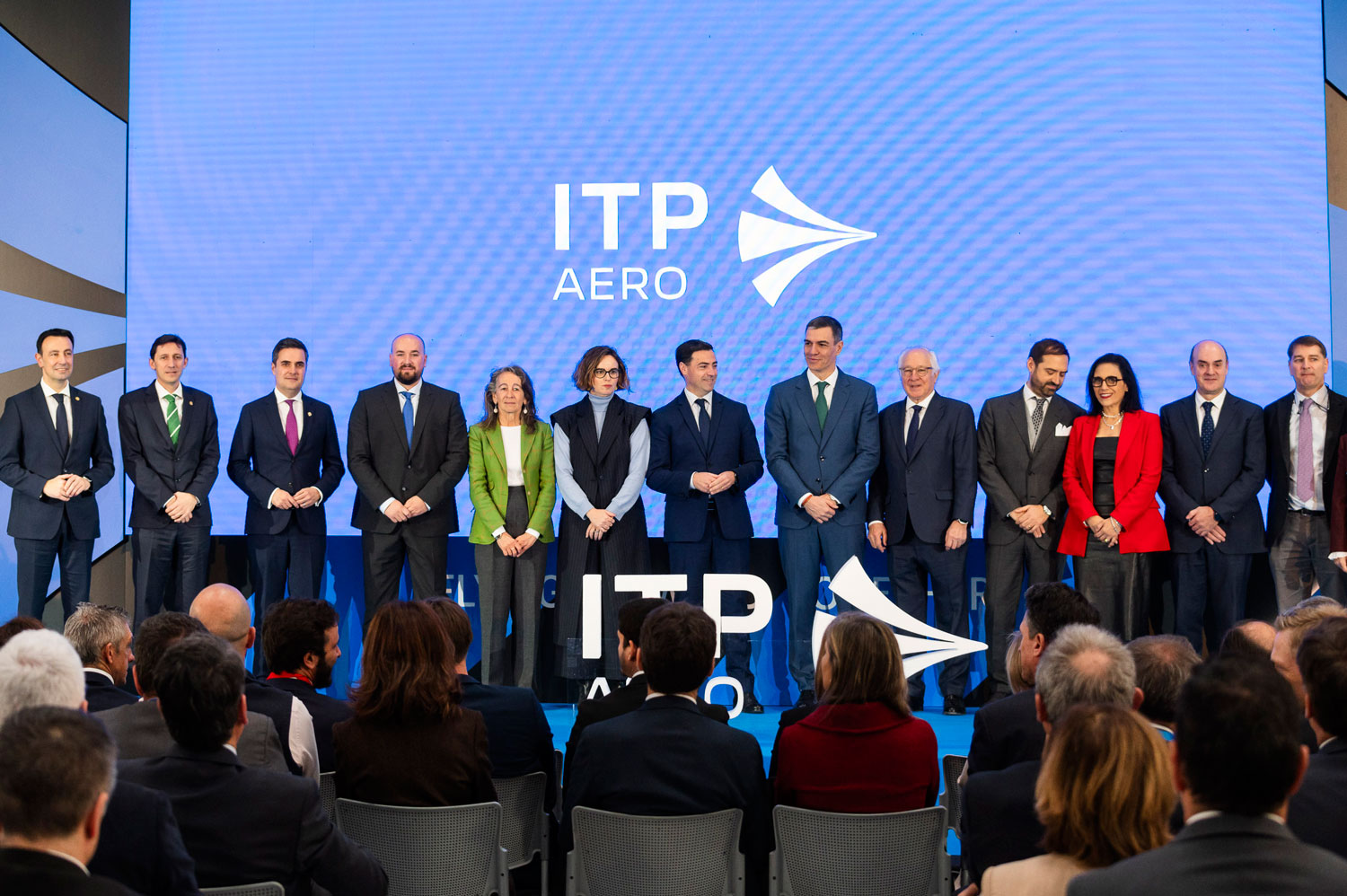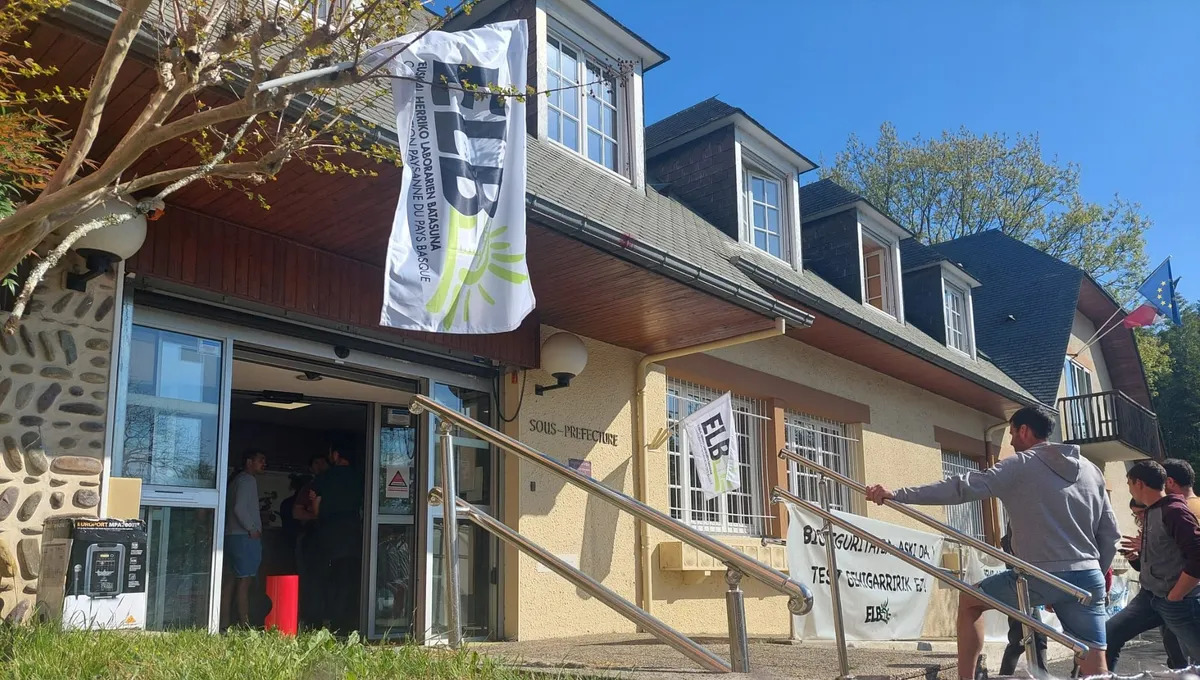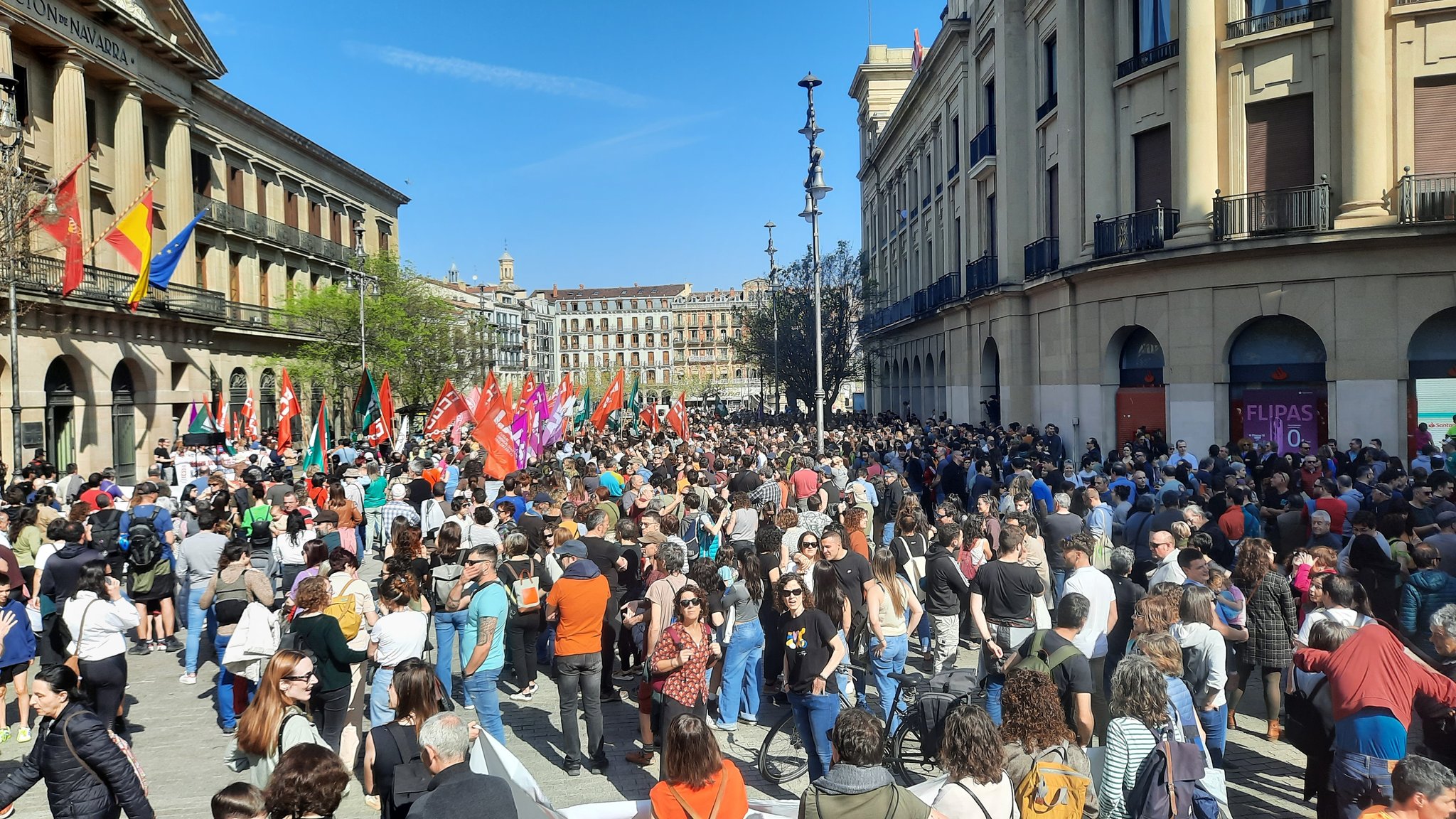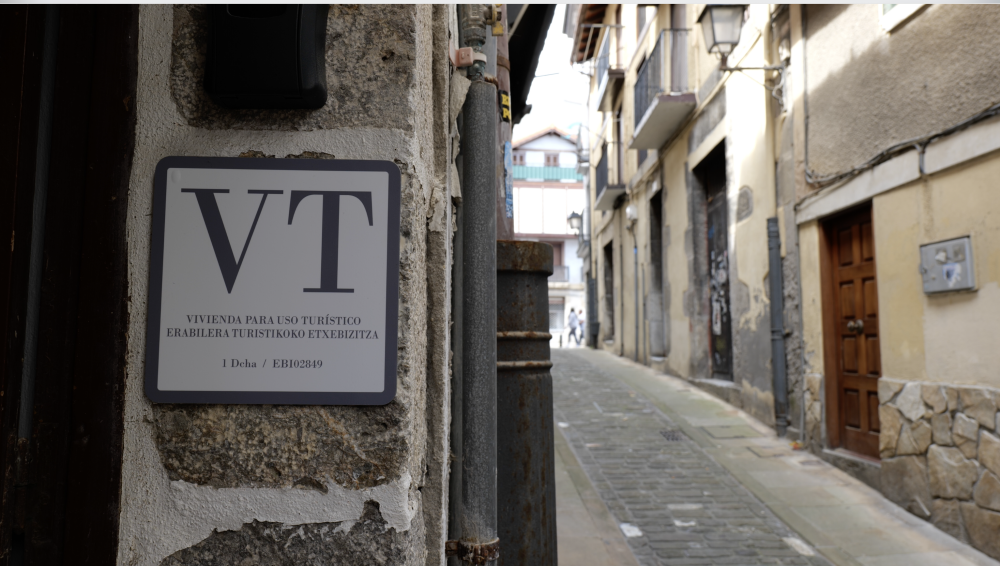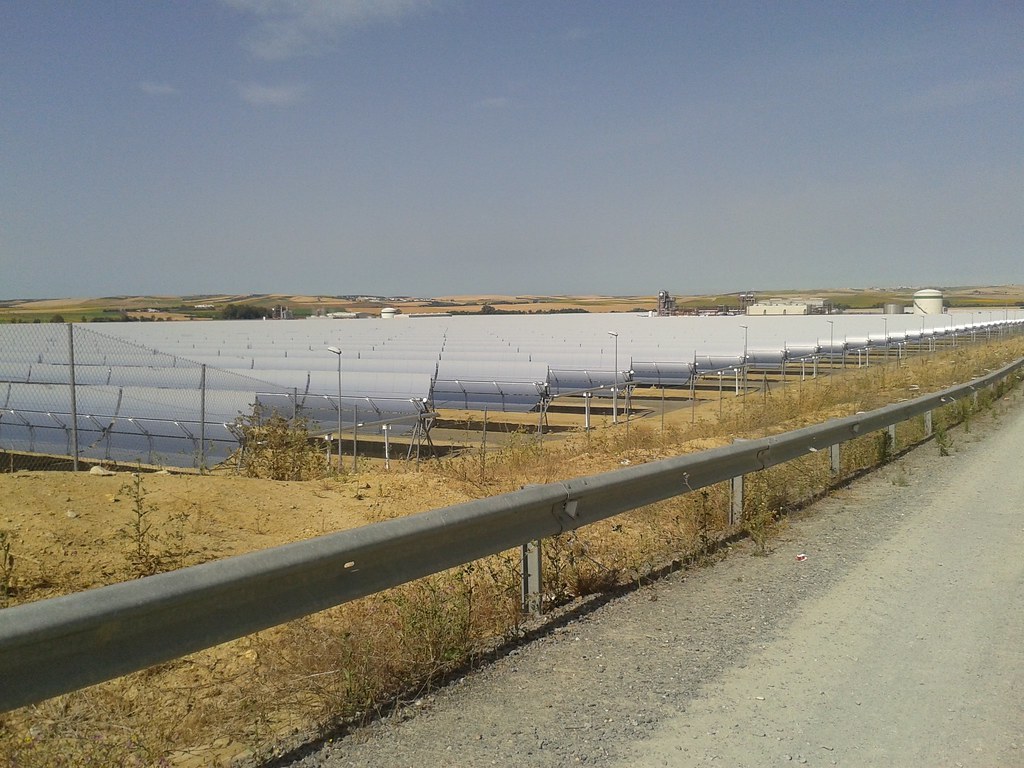They take on the new tax rules in Brussels and open the door to social cuts
- The European Union is on track to return to the strict pre-pandemic tax rules, following the adoption by the European Parliament of new fiscal measures to limit the deficit and indebtedness of Member States. According to the Ecofin decision at the end of 2023, this will mean more austerity and cuts, according to social and environmental actors.

The European Parliament in Brussels has approved the new tax rules, which will return to the measures that were "frozen" with the pandemic four years ago. In the vote 367 measures were taken in favour and 161 against. This will legally limit the deficit and public debt. The EU Council of Ministers for Economic Affairs, Ecofin, has followed the path taken.
States may not have debts above 60% of their gross domestic product (GDP) and the deficit may not exceed 3% of GDP. In any case, the ordoliberal authorities have accepted some "flexibility" to indebted countries: those who exceed 90% of debt will be able to reduce it gradually, 1% each year, and those who have between 60% and 90%, 0.5% each year. As for the deficit, the condition to be reduced will only be for the period of growth, reaching 1.5%.
To this end, the European Commission will set a "reference route" for the Member States. It will explain to them what they should do to reduce debt and deficit. In addition, Member States shall submit their plans from 20 September 2024, under which the European Commission shall establish fiscal adjustments.
The Commission will set the "reference route" to the Member States. It will explain to them what they should do to reduce debt and deficit. In addition, Member States will submit their plans from 20 September 2024, under which the European Commission will establish fiscal adjustments
Austerity 2.0
Austerity and reduction. It is clear to the social and environmental players that what was approved in Brussels means that and will directly affect citizenship. Observatori del Deute en la Globalització (ODG), Ecologistas en Acción and Greenpeace have published a report and a joint communiqué.
Thus, the ODG explained that the EU "has lost an opportunity" to carry out a feminist agenda and a fairer eco-social transition, and has opted for "fiscal measures that will bring us back to austerity", said Nicola Scherer of this institution.
Nuria Blázquez, of Ecologists in Action, recalled that the European Union has decided to increase military spending "while hampering public spending in other vital sectors such as health, education, surveillance, public transport, access to housing, water or energy".
"Austerity 2.0," they called it to the new era, and for Carlos García Paret de Greenpeace "it's very bad news"
"Austerity 2.0," they called it to the new era, and for Carlos García Paret of Greenpeace, "it's very bad news." It believes that progress towards fiscal democracy is needed by placing more taxes on the wealthiest and companies.
Necessary investments in social infrastructure cannot be made
According to the report issued by the three institutions, in the new era of austerity 2.0, only three of the 27 countries that make up the EU will have sufficient capacity for "social and green investment", Denmark, Sweden and Ireland.
On the contrary, eighteen countries will have major difficulties: "They will not be able to make the necessary investments in social infrastructures, such as hospitals, schools, to carry out housing plans, or invest in the ecological transition and deal with the climate emergency". They have used the data provided by the European Trade Union Confederation and the New Economic Foundation.
.jpg)
It will be billions of euros. The Spanish State would thus have EUR 26.4 billion and the French State EUR 53,000 million. Across the EU, the investment deficit needed to address key needs is estimated at EUR 400,000.
"The tax framework is not a technical issue. It is a political issue, which is at the heart of the European project and which affects the well-being of millions of people," they conclude.
At the beginning of the year, the Zedarria group publicly supported the "opening of the debate" on the "defense" industry (as well as the nuclear industry), to which the Basque Government has immediately joined. First, through Mikel Torres, Vice President and Economic Counselor, who... [+]
Public education teachers have the need and the right to update and improve the work agreement that has not been renewed in fifteen years. For this, we should be immersed in a real negotiation, but the reality is deplorable. In a negotiation, the agreement of all parties must be... [+]
Economists love the charts that represent the behaviors of the markets, which are curves. I was struck by the analogy of author Cory Doctorow in the article “The future of Amazon coders is the present of Amazon warehouse workers” on the Pluralistic website. He researches the... [+]
Today’s Venice is built on an archipelago of 118 islands. These islands are connected by 455 bridges. The city is based on mud rather than Lura. Millions of trees in the area were cut down from the 9th century onwards to build piles and cement the city. Years have passed and... [+]
Ukrainaren ondoren Polonia?
Europar Batasunak Ukrainako gerra hauspotu du Kiev armaz hornituta, eta menia oraindik airean delarik, gerraren zikloan murgilduta dago bete-betean. Hori bai, bere diskurtsoa modulatzen ari da, eta gero eta gehiago hitz egiten du balizko su-etenaz... [+]









